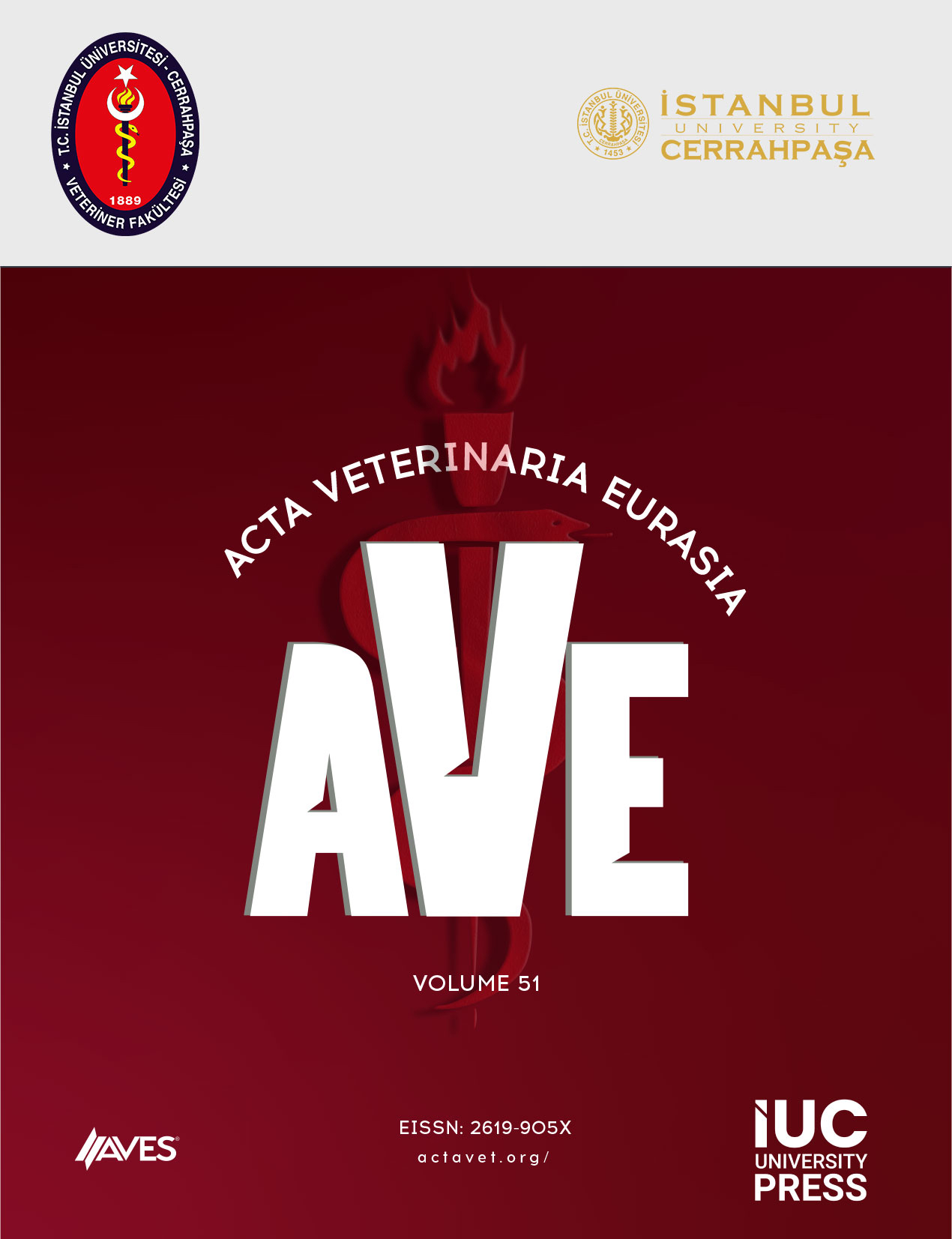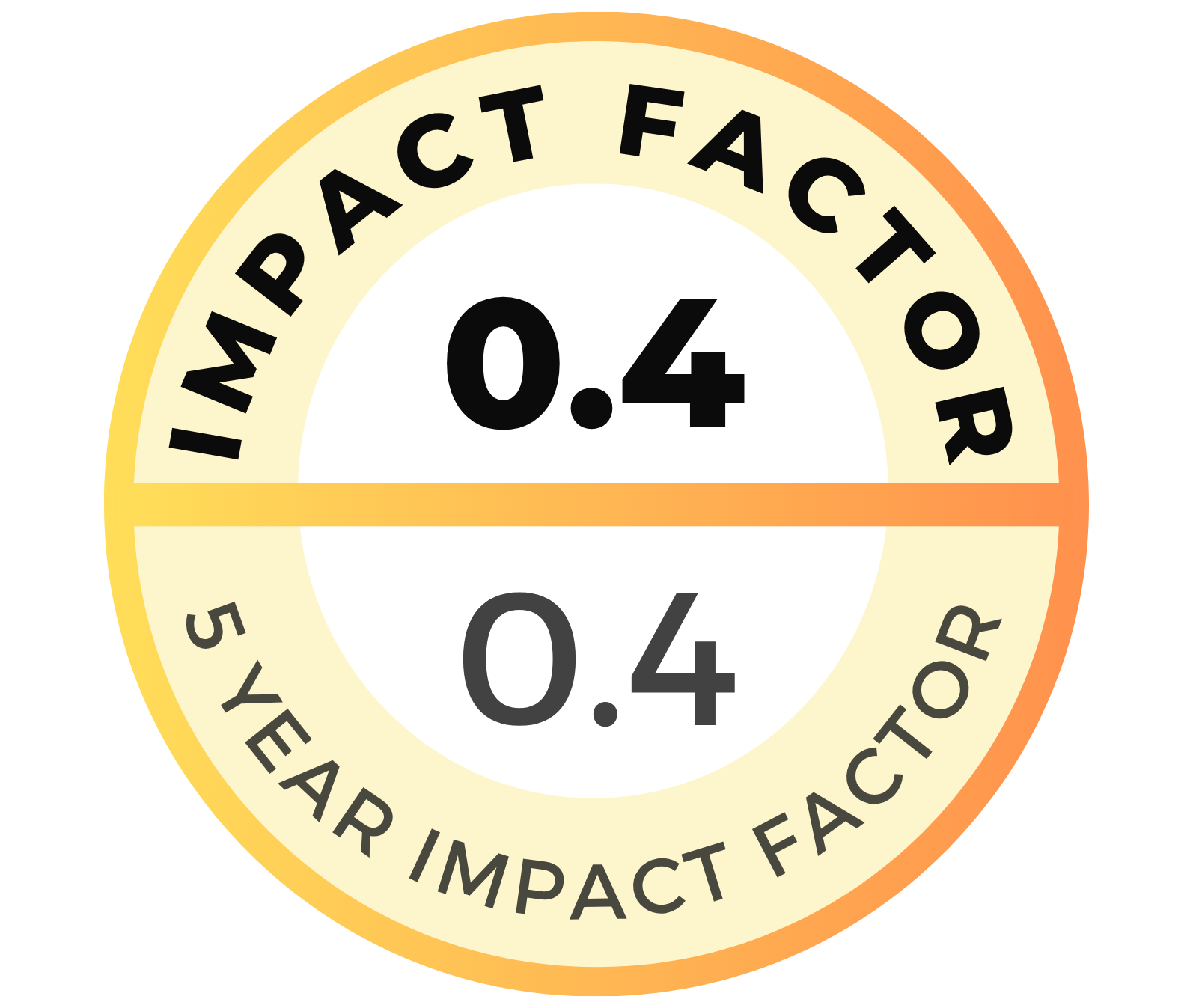Carnitine is a nutrient that helps the body turn fat into energy. It is produced by the body in the liver and kidneys and stored in the skeletal muscles, heart and brain. Usually, the body can make all the carnitine it needs. However, some organisms may be deficient in carnitine because their bodies cannot make enough carnitine or transport it into tissues so it can be used. Carnitine has been proposed as a treatment for many conditions because it helps reduce oxidative stress. Some of the conditions carnitine may help treat are serious, and it should be take the supplement under the supervision of doctor, as an adjunct therapy to conventional medicine. For other conditions, such as fatigue or improving exercise performance, protection of heart diseases, carnitine appears safe and seems to have positive effects.





.png)